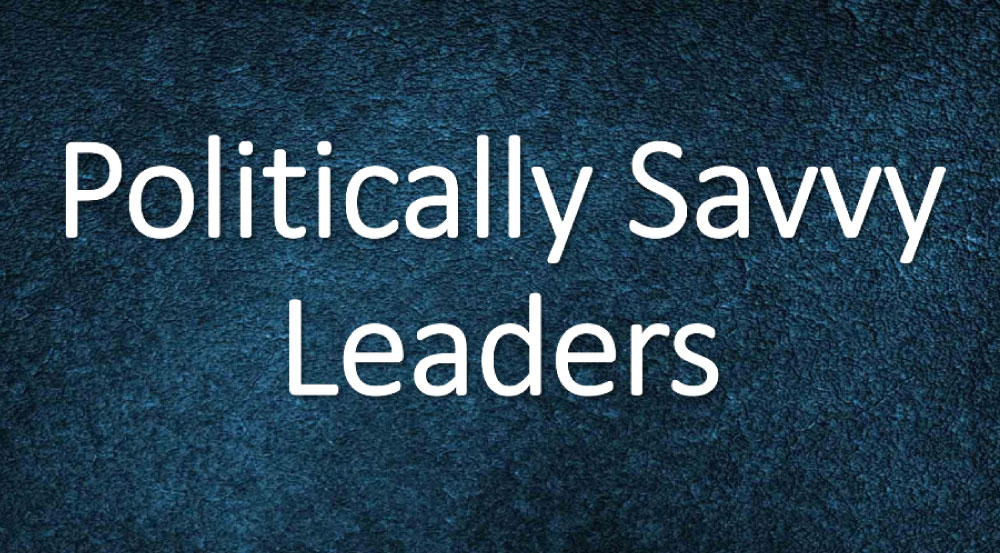
There is a strong quote from the early 20th Century that illustrates how economics and politics are inseparable. It goes something like this: “The worst illiterate is the political illiterate. He (the political illiterate) doesn’t hear, speak, or participate in political events. He doesn’t know that the cost of life, the price of food, rent, shoes, and medicine all depends on political decisions. The political illiterate is so stupid that he brags about how much he hates politics. He doesn’t know that from his political ignorance is born the prostitute, the abandoned child, and the worst thief of all, the bad (corrupt) politician…”
While I believe people and organizations that are locked into partisan politics do themselves and their members a disservice – avoiding politics altogether is worse. Being non-partisan means that you don’t have an automatic bias or affiliation with one political party over another, which is good, but it is not the same as being apolitical, which means that you don’t participate in political discourse at all. You can be non-partisan and still voice your political preferences. At NAHREP, we value members who are politically active. We need strong representation at the highest levels of both parties. We need influence regardless of who is in power, and you don’t get that by being apolitical. The Jewish community is a great case study. They may disagree amongst each other on many things politically, but when it comes to the things that really matter, such as prosperity, education, and civil rights, they tend to be pretty well-aligned with one another. We need to borrow a chapter from that book.
Some call it selfish; I call it the American way. In this episode, I break down why voting for policies that improve your life isn’t just your right—it’s how the system was designed to work. When we vote our own interests, we build a country that works for everyone.
Michael Jordan wasn’t picked first in the NBA draft—he wasn’t even picked second. Why? The Portland Trail Blazers hired for position, not for talent, and passed on the greatest basketball player of all time. In this episode, I explain why employers make the same mistake, and why the smartest leaders hire the best people they can find—regardless of position.
Politicians on both sides have overreached—ICE raids and the war on DEI have gone too far, and history tells us there will be a rebound. In this episode, I explain why attacks on Latinos may end up uniting us more than ever before, and why the backlash could be a turning point for our community.
